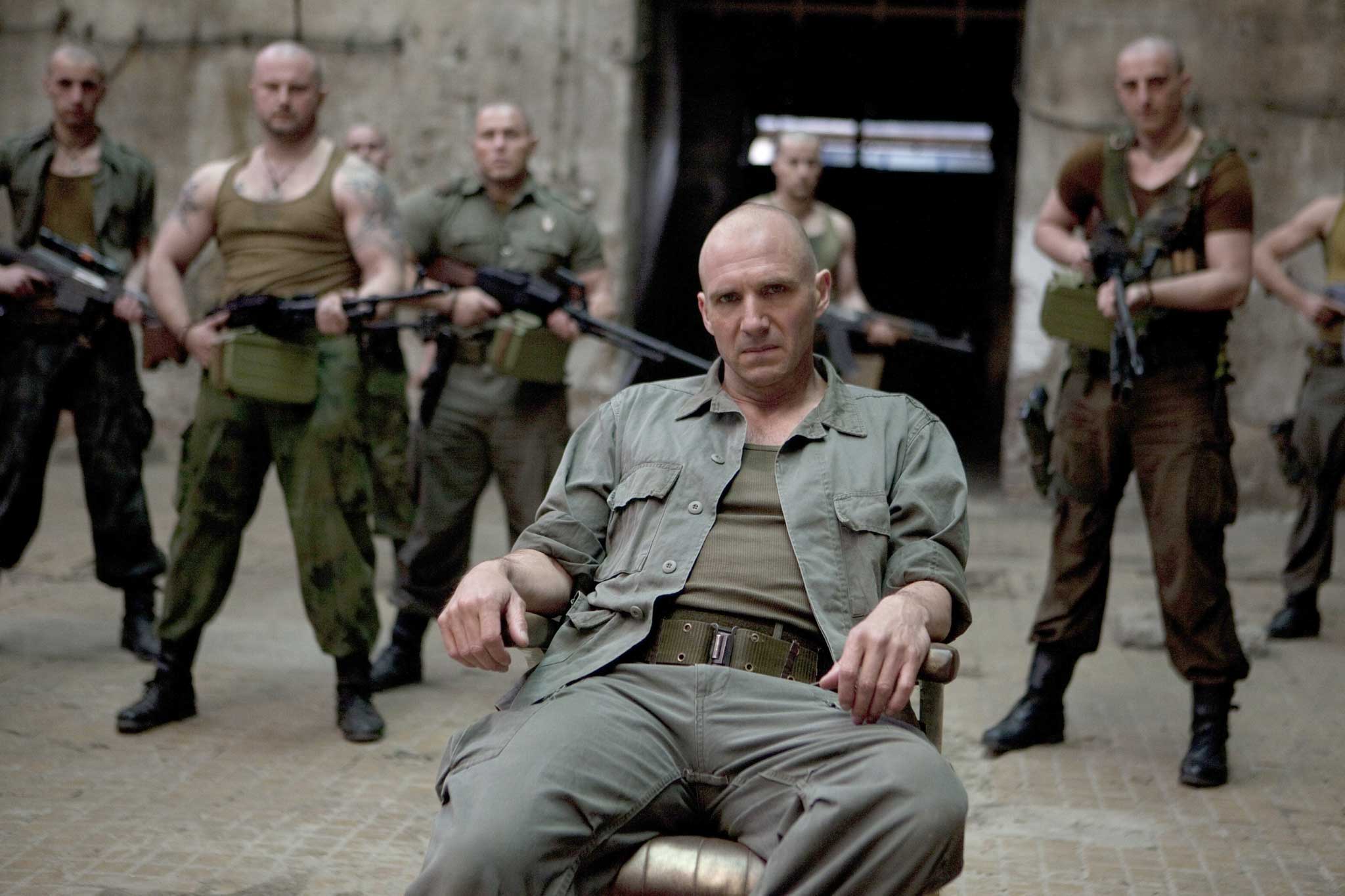Shakespeare & Me, edited by Susannah Carson, book review: The bard and his interpreters

Tom stoppard once said that he'd as soon read the great critic Edmund Wilson on Sophocles as read Sophocles himself. These days, with so much good writing about Shakespeare from the likes of Jonathan Bate, James Shapiro and Charles Nicholl readily available to the general reader, you could be forgiven for skipping yet another production of Hamlet or Twelfth Night.
Those three writers don't figure in this handsome 500-page anthology edited by the American academic and author Susannah Carson, but many of the 38 contributors are in the same class, and some of them are actors: Rory Kinnear, Antony Sher, Harriet Walter, Eve Best, Ralph Fiennes and Brian Cox all channel their perceptions of our national poet and dramatist through a recounting of their experience in major roles.
And then there is James Earl Jones, the greatest black American actor to have played Othello – in seven productions between the ages of 25 and 50 – since Ira Aldridge and Paul Robeson. He addresses the question of how best to sustain and justify Othello's inherent nobility while also making clear that the catastrophe is entirely his own fault, not Iago's.
His rambling, but authoritative, remarks fill 35 pages of the 70-odd on Othello, with other fine essays by our first black actor in the role at Shakespeare's Globe, Eamonn Walker, and Barry John, a white ex-pat living in India who played Iago in a stripped-down version of the play for six actors. As Dominic Dromgoole, the artistic director of the Globe, points out, studying Shakespeare in schools is moving away from the page and onto the stage, with the proliferation of education projects, and not just at the Globe itself or the Royal Shakespeare Company, but throughout our entire schools system.
Senior Shakespeare scholars such as Peter Holland and Stanley Wells have long written about the plays both as literature and in performance. Indeed, Holland used to edit an invaluable Cambridge University series of RSC actors' detailed analyses of their own performances in close relation to the text.
This book continues that process. Eve Best, finding common ground in Beatrice and Lady Macbeth – both characters, she says, are haunted by sadness and a difficult past and share a deep-rooted desire for love – talks of acting in the Globe and seeing the play happening on the faces of the audience. Rory Kinnear discusses the audience feedback on Hamlet's seven soliloquies as the most collaborative moments in the play, the opposite of what we assume.
Ralph Fiennes insists on the virtue, in his brilliant film of Coriolanus, of looking more closely into the eyes of the actors; his Menenius was Brian Cox who argues convincingly that The Taming of the Shrew is not a misogynist play (the usual knee-jerk reaction) but a metaphysical speculation on how not to become attached. Equally illuminating is Harriet Walter's discussion of triangular tensions in the plays, quoting the sonnet that starts, "Two loves I have of comfort and despair…"
George Bernard Shaw mischievously compared the size of his brain to that of Shakespeare's and found the Bard wanting when it came to Cymbeline. All these writers, including Ben Kingsley, Joyce Carol Oates, Germaine Greer and the RSC voice guru Cicely Berry, write in a spirit not of superiority or undue deference, but in tacit acknowledgement of what Harold Bloom calls, in a foreword, "the most capacious of consciousnesses" in a writer who broadened and defined the horizons of human possibility.
Join our commenting forum
Join thought-provoking conversations, follow other Independent readers and see their replies
Comments
Bookmark popover
Removed from bookmarks